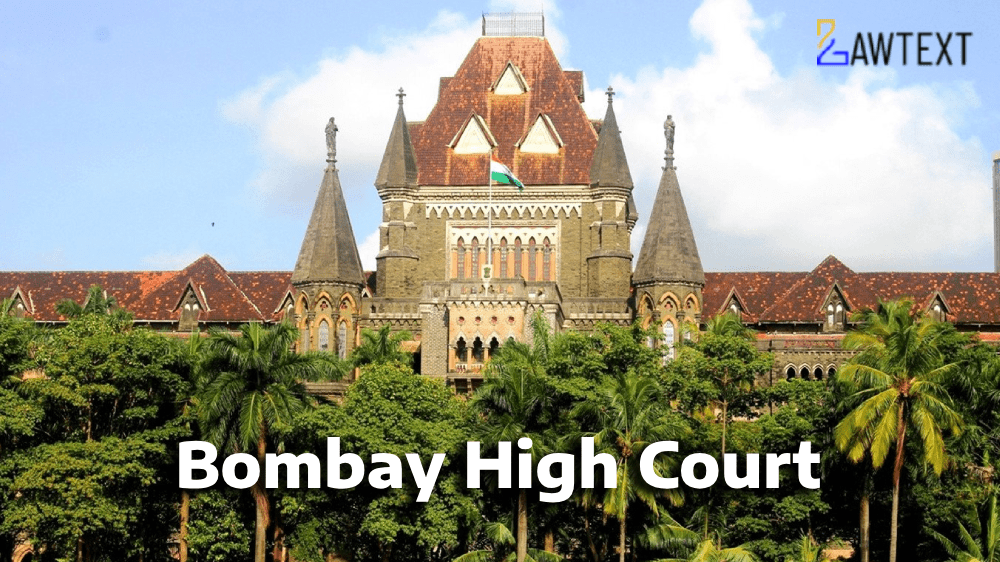Central Information Commission Order on RTI Compliance Quashed by High Court Due to Lack of Justification for Delay and Misinterpretation of Information Scope. High Court emphasizes the limitations of the RTI Act regarding reasons for delays, sets aside penalty and disciplinary action on CPIO for alleged non-compliance.

CASE NOTE & SUMMARY
The High Court reviewed a petition challenging the penalty and disciplinary action imposed by the Central Information Commission (CIC) on the Central Public Information Officer (CPIO). The Court held that the CIC's interpretation of "information" under the RTI Act did not encompass reasons for administrative delays and found that penalties should only apply when delays are intentional. This order provided clarity on the types of information that can be sought under the RTI Act.
1. Appearance and Background
- Petitioner Representation: Mr. Yogendra Rajgor represented the petitioner.
- Respondents’ Response: The respondents were served, and the 2nd respondent filed a reply affidavit.
2. Challenge to Adjunct Order (Para 3)
- The petitioner challenged the CIC's order dated 18 September 2017, which cited non-compliance with previous orders and imposed a penalty and recommended disciplinary action.
3. Petitioner’s Argument on Compliance (Para 4-5)
- The petitioner argued that most of the requested information was provided and justified delays. The petitioner contended that reasons for delay are not information within the RTI Act's scope.
4. Respondent’s Contentions (Para 6-7)
- The 2nd respondent’s affidavit argued for cause of action and procedural adherence, asserting that incomplete information justified the penalty under Section 20 of the RTI Act.
5. RTI Application Scope (Para 9-13)
- Information Requested: Lists of disciplinary cases, allotment particulars, limitation periods, and reasons for delays.
- Scope of “Information”: Court determined that reasons for delays are subjective and not within the RTI Act's definition under Section 2(f).
6. Court’s Legal Analysis (Para 12-15)
- Relevant Judgments Cited: Refers to the Supreme Court's interpretation of "information" in Khanapuram Gandaiah vs. Administrative Officer and recent rulings on limitations in K. Anjinappa vs. K.C. Krishna Reddy.
- Subjective Nature of Reasons: Emphasized that RTI does not cover subjective inquiries like reasons for administrative delays.
7. Penalty and Disciplinary Action Justification (Para 16-18)
- The Court found the CIC did not consider the Secretary's explanation for non-compliance adequately. For penalties to apply, intent and willful default must be established.
Ratio
The Court clarified that under the RTI Act, "information" pertains to existing records and does not extend to speculative inquiries or reasons for administrative actions. Penalties for non-compliance under Section 20 of the RTI Act should only be imposed when there is clear evidence of willful and intentional delay.
Acts and Sections Discussed
- Right to Information Act, 2005
- Section 2(f) - Defines “information” and excludes subjective inquiries.
- Section 20(1) and 20(2) - Penalties for non-compliance and disciplinary recommendations.
Subjects:
RTI Compliance, Interpretation of Information Scope, Administrative Law
Right to Information Act, Public Information Officer, Penalty for Non-compliance, Central Information Commission, Judicial Interpretation
ISSUE OF CONSIDERATION
Bar Council of Maharashtra and Goa Versus Central Information Commission and Anr.
Citation: 2024 LawText (BOM) (10) 178
Case Number: WRIT PETITION NO. 303 OF 2018
Date of Decision: 2024-10-17
Case Title: Bar Council of Maharashtra and Goa Versus Central Information Commission and Anr.
Before Judge: M.S. Sonak & Jitendra Jain, JJ.
Advocate(s): Mr Yogendra Rajgor, a/w Ms Meghna Gowalani, Mr Jagdish Rajgor, for the Petitioner.
Appellant: Bar Council of Maharashtra and Goa
Respondent: Central Information Commission and Anr.

